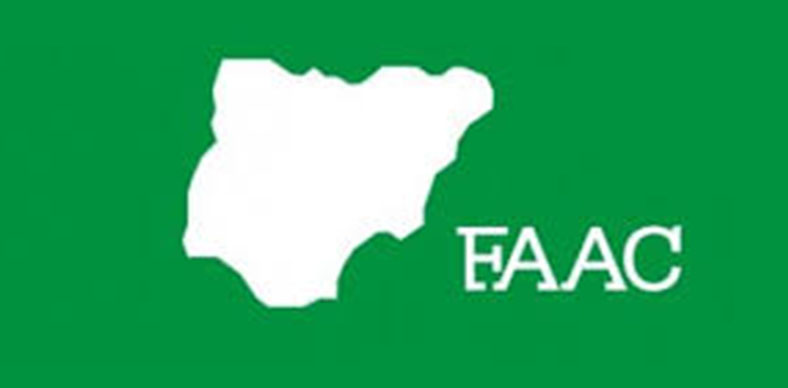Paragraph 1: Overview of Revenue Distribution
In April 2025, the Federal Government of Nigeria, along with 36 states and 774 local government councils, participated in the distribution of N1.681 trillion from the Federation Account. This represents a notable 6.5% increase compared to the N1.578 trillion shared in March 2025. The allocation, overseen by the Federation Account Allocation Committee (FAAC), comprised various revenue streams, including statutory revenue, Value Added Tax (VAT), Electronic Money Transfer Levy (EMTL), and exchange difference. The increase in the overall distributable revenue reflects the positive performance of key revenue sources, contributing to the financial resources available to the different levels of government.
Paragraph 2: Composition of Distributable Revenue and Gross Revenue Analysis
The N1.681 trillion distributed in April 2025 was derived from several sources. Statutory revenue contributed N962.88 billion, VAT provided N598.08 billion, EMTL yielded N38.86 billion, and exchange difference added N81.41 billion. The overall gross revenue for April 2025 reached N2.848 trillion. From this amount, N101.05 billion was deducted as cost of collection, a necessary expense for revenue mobilization. Additionally, N1.066 trillion was earmarked for crucial purposes, encompassing transfers, refunds, interventions, and savings, indicating the government’s commitment to specific programs and financial stability.
Paragraph 3: Detailed Breakdown of Revenue Allocation
The distribution of the N1.681 trillion followed a structured approach. The Federal Government received the largest share, amounting to N565.31 billion. State governments collectively received N556.74 billion, while local government councils were allocated N406.63 billion. Recognizing the contribution of oil-producing states, an additional N152.55 billion was disbursed as 13% derivation revenue, a constitutionally mandated provision to address the environmental impact of oil exploration and production activities.
Paragraph 4: Allocation of Statutory, VAT, and EMTL Revenue
A closer examination of the revenue distribution reveals the specific allocation from each source. From the N962.88 billion statutory revenue, the Federal Government received N431.31 billion, states received N218.77 billion, local government councils received N168.66 billion, and N144.15 billion was allocated as derivation revenue. The VAT pool of N598.08 billion was distributed with the Federal Government receiving N89.71 billion, states receiving N299.04 billion, and local government councils receiving N209.33 billion. The EMTL revenue of N38.86 billion was shared among the Federal Government (N5.83 billion), states (N19.43 billion), and local governments (N13.60 billion).
Paragraph 5: Allocation of Exchange Difference and Revenue Performance
The exchange difference of N81.41 billion was also distributed following a similar pattern. The Federal Government received N38.46 billion, states received N19.51 billion, local government councils received N15.04 billion, and N8.40 billion was allocated as derivation revenue. Analyzing the overall revenue performance for April 2025, several key sources showed positive growth. Petroleum Profit Tax, Oil and Gas Royalty, EMTL, VAT, Excise Duty, Import Duty, and CET Levies all recorded significant increases. However, Companies Income Tax experienced a considerable decline, suggesting potential challenges in the corporate sector.
Paragraph 6: Implications and Future Outlook
The increased revenue allocation in April 2025 compared to the previous month signifies positive developments in Nigeria’s fiscal landscape. The growth in key revenue streams provides the different levels of government with more resources to fund public services and development projects. However, the decline in Companies Income Tax requires further analysis to understand the underlying factors and address potential challenges. Monitoring revenue performance, ensuring efficient revenue collection, and promoting fiscal prudence will be crucial for sustained economic growth and development. The FAAC continues to play a vital role in ensuring transparent and equitable revenue distribution among the Federal, State, and Local governments in Nigeria.


